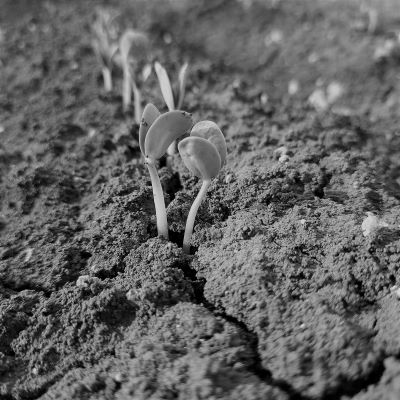News
Soybeans can handle an early drought

Michigan State University researchers say the first three months of this year were the wettest on record for the state and that’s helping crops survive the current drought.
Thumb area farmer Jeff Krohn tells Brownfield aside from wheat, his crops are faring ok.
“It forces crops to put down deeper roots, get into that moisture so we get into the growing season with taller, bigger crops that require more moisture,” he explains. “I’ll take good rains in July and August, but June is not a bad month to be dry.”
MSU soybean extension educator Mike Staton says limited precipitation the past two months has caused soybeans planted later in May to have the most issues.
“We’ve got some dry soil conditions and we’ve got some spotty emergence and some seed that’s just laying there or maybe sprouted and died—so that one’s a little bit more of concern,” he shares.
Staton recommends farmers check seeds that have not emerged and if they have root development, says they likely won’t be viable.

Add Comment